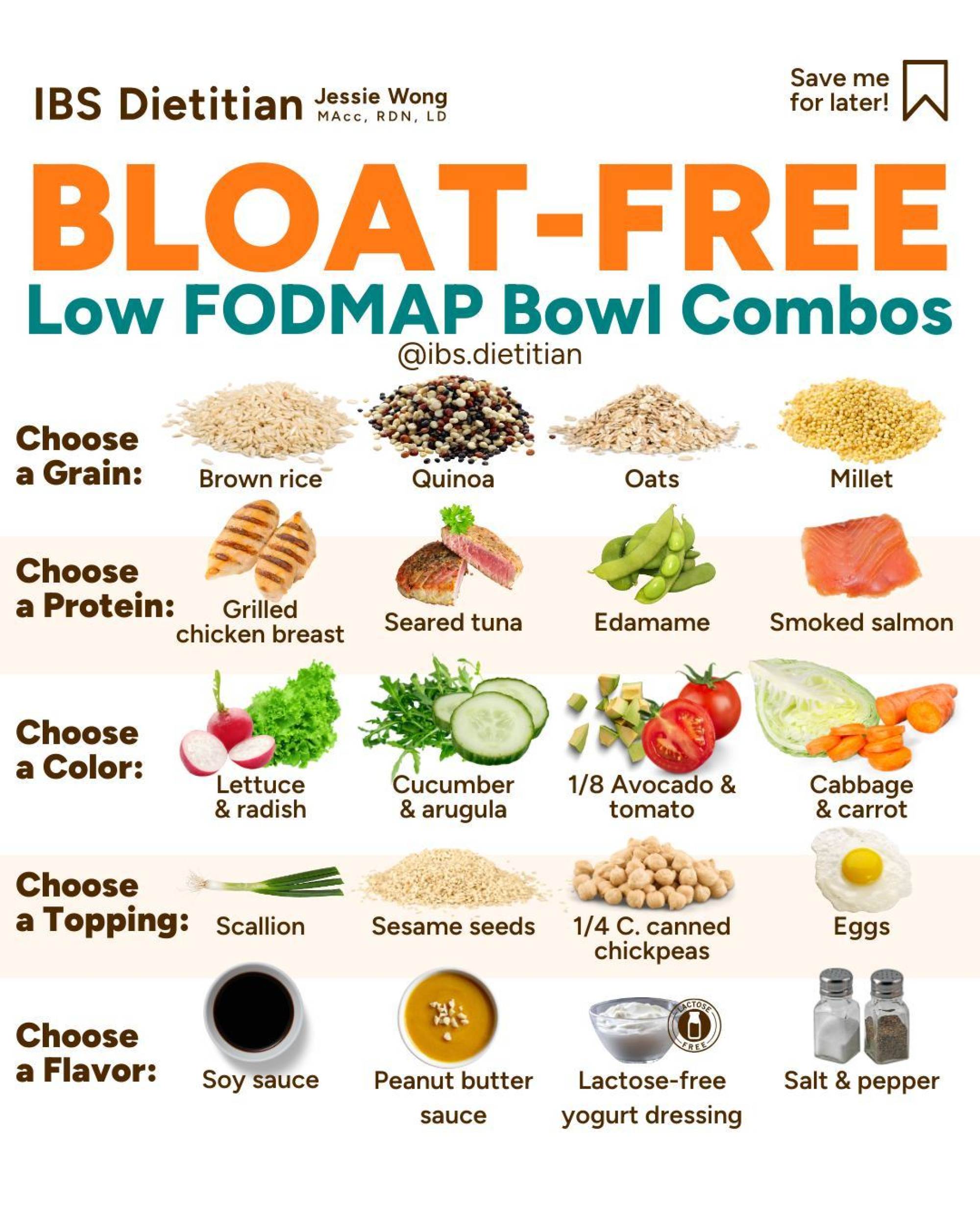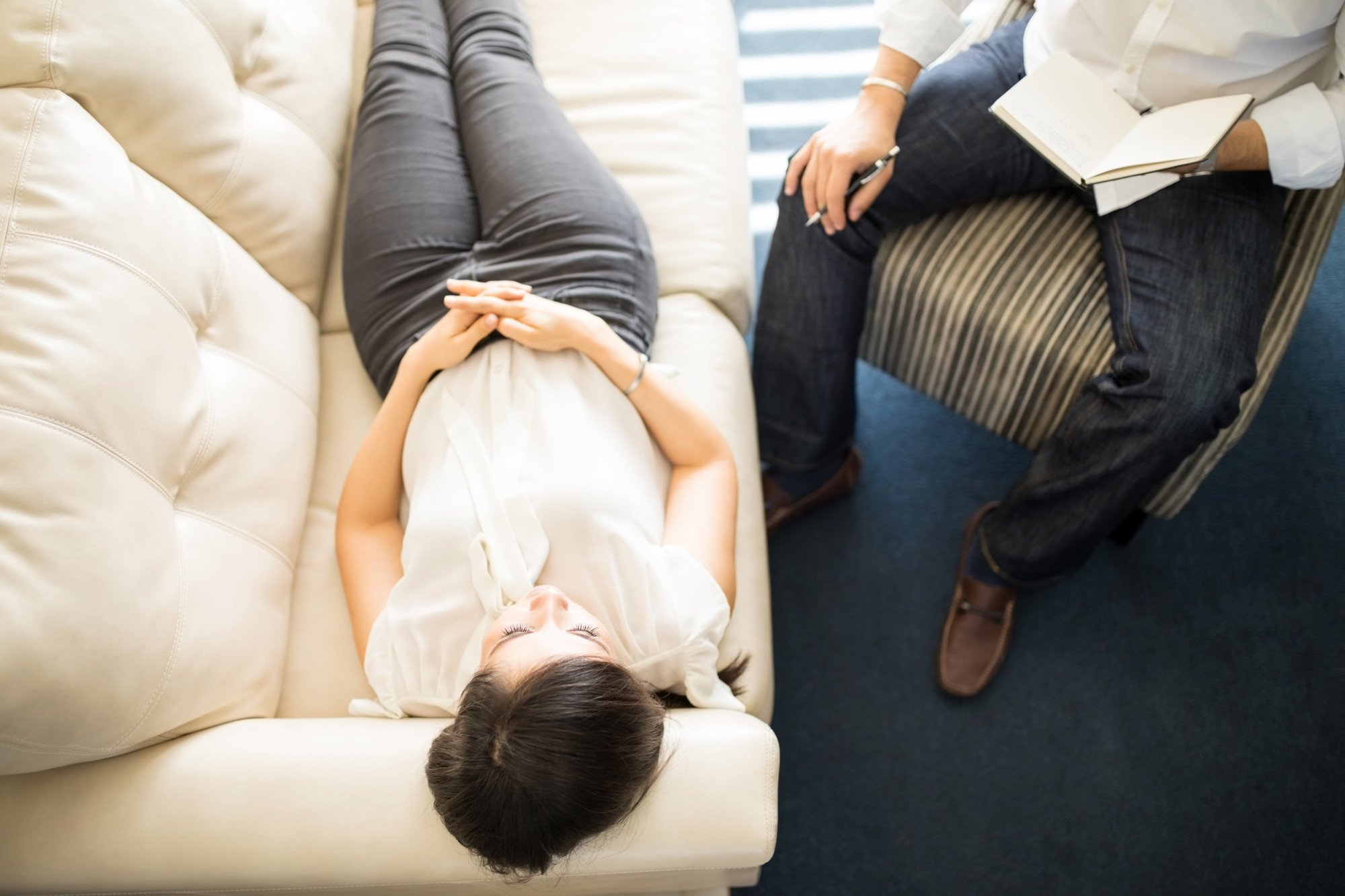Wong’s husband was studying for a PhD in the United States when he experienced symptoms and saw a university doctor who told him: “It’s just IBS and you have to learn to live with it.”
His case was not typical: one study showed that it takes on average more than six years from the onset of symptoms, and seeing doctors and undergoing tests, to reach a definitive diagnosis of IBS.
Wong suffered from IBS when she was pregnant with her second child in 2016. She experienced constipation, cramps and bloating of the lower abdomen.. “There was no guidance as to what to do,” she says.
Do you often need to rush to the toilet? All you need to know about IBS
Do you often need to rush to the toilet? All you need to know about IBS
By the time Wong started experiencing discomfort from IBS, she had already made a career transition from accounting to becoming a dietitian.
“I studied business and finance in college, did my master’s in accounting and worked for one of the big four accounting firms. But it wasn’t a good fit,” she says.
She had a long-held interest in the healthcare field, and wanted to have a positive impact on others’ well-being. So she went back to school for another five years to study dietetics.

During that time, a gastroenterologist recommended the couple follow a low-fodmap diet.
Fodmaps are “fermentable oligo-, di-, monosaccharides and polyols” – short-chain carbohydrates that are difficult to digest, and found in various vegetables, fruit, dairy milk and wheat.
After passing through the small intestine, the poorly absorbed sugars from these foods enter the colon, where they are fermented by bacteria, releasing gas that distends the bowel, causing wind, bloating and pain.
Lactose, a sugar found in dairy products, fructose, a sugar found in many plant foods, and polyols – sugar alcohols found in certain fruit, vegetables and sugar-free sweeteners – cause water retention in the bowel, leading to loose stools and diarrhoea.
Irritable bowel syndrome: six ways to relieve its painful symptoms
Irritable bowel syndrome: six ways to relieve its painful symptoms
Wong later trained in the fodmap diet at Monash University in Australia, where it was developed, and realised it was only a temporary approach to managing their symptoms.
The first step she recommends is to identify your food triggers.
One thing that really helps is staying hydrated … drinking one to two glasses of water when you get up
“The goal is to eliminate and reintroduce fodmap groups to see what level of tolerance you have for each group. Then you can personalise the diet afterwards,” she said.
Next is learning how to optimise your gut microbiome for better gut function and health.
“One thing that really helps is staying hydrated … drinking one to two glasses of water when you get up.”
What is the gut microbiome? Five simple steps to keep yours healthy
What is the gut microbiome? Five simple steps to keep yours healthy
“Improving sleep, reducing stress and finding the right exercise are foundational things that can help improve your gut motility and manage diarrhoea and constipation,” she says.

The biggest mistake people tend to make when they have IBS, Wong said, is trying dietary supplements.
When they take probiotics for bacterial imbalances in the gut, sometimes “they turn from having constipation to diarrhoea soon afterward, and that can be very devastating”, she says.
Can’t go? How to prevent or relieve constipation, and when it’s an emergency
Can’t go? How to prevent or relieve constipation, and when it’s an emergency
So what treatment worked best for her?
“It was really about resolving the chronic constipation. Increasing water and fibre intake, managing my stress and getting enough sleep [made things] … a lot easier,” she said. Her husband took a similar approach to help curb his symptoms.
Since Covid-19, there has also been an increase in autoimmune diseases, including coeliac disease, in which your immune system attacks your tissues when you eat gluten – a protein found in certain cereal grains – and non-coeliac gluten sensitivity, she says.

IBS is not an immune disorder and has little connection with the immune system, but several autoimmune disorders, including lupus, can cause similar symptoms.
Treatment options for IBS have evolved significantly over time, she says. Today there are medications to try depending on which type of IBS a patient has.
“It encourages a state of focused attention and deep relaxation with image and verbal meditation.”







